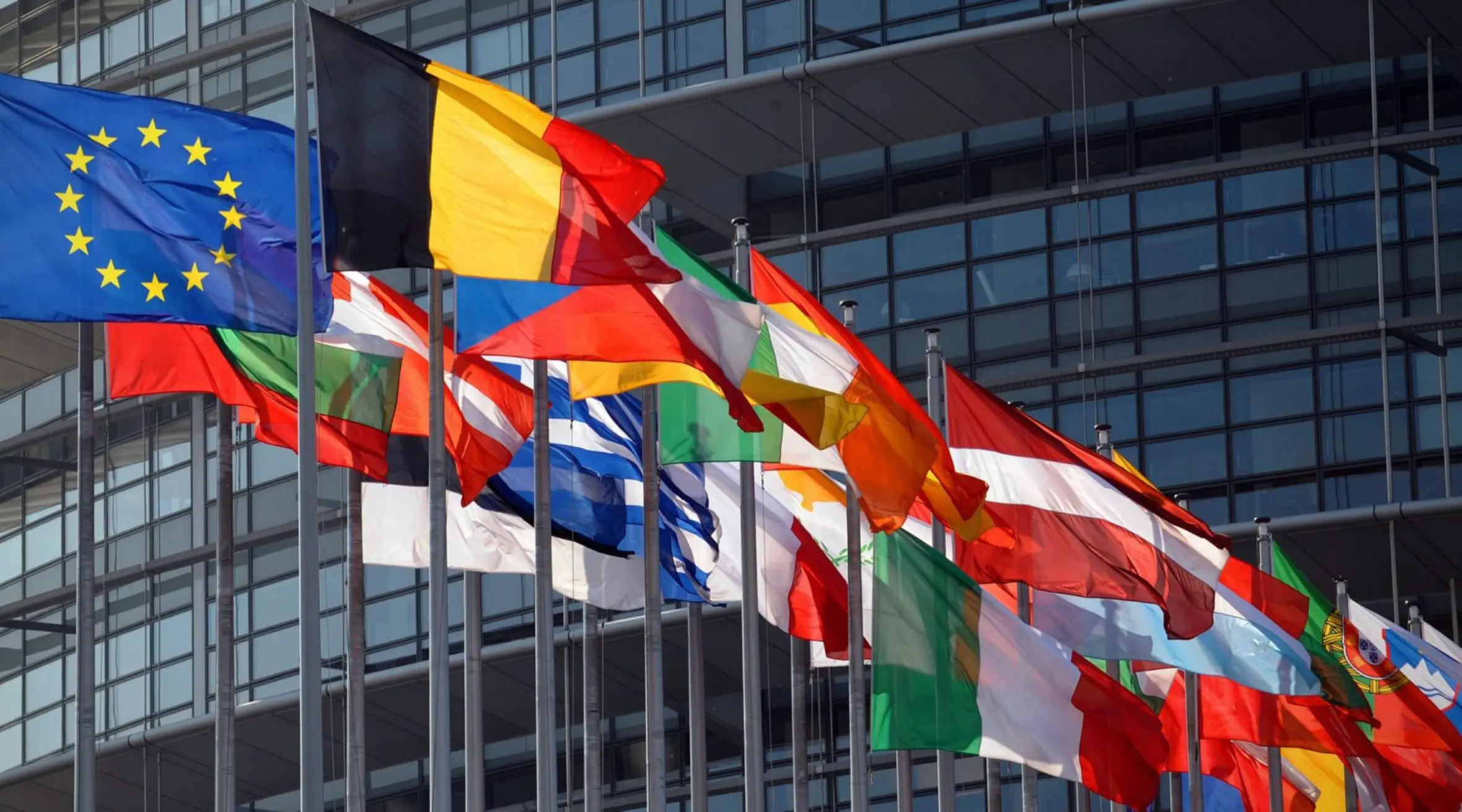Europe (Transatlantic Today)— The Court of Justice of the European Union (CJEU) has declared illegal the modification to the Special Hydrocarbon Tax (IEH) by former Minister of Finance Cristóbal Montoro that allowed the Autonomous Communities to apply their supplement to the tax between January 1, 2013, and December 31, 2018. The verdict opens the door to millions of dollars in tax returns from the Tax Agency, which might total up to 5,000 million euros, according to the National Confederation of Diesel Distributors (Codigasogil).
Violation of European Directive
The CJEU’s ruling, issued on Thursday, states that the European Directive on the community regime for the taxation of energy and electricity products does not permit a country to tax the same product differently based on regional territories. This decision deems the regional supplement to hydrocarbons illegal, as it disrupts the proper functioning of the market.
Background on the Regional Supplement
According to Eleconomista, the regional supplement was a successor to the “health cent,” a surcharge on the Hydrocarbon Tax for health expenses, which was repealed in June 2012 and declared illegal by the CJEU in February 2014. Montoro integrated this surcharge into the IEH on January 1, 2013, establishing both a state and regional rate. The CJEU has now declared the regional rate illegal.
Refund Process
The Special Hydrocarbon Tax applies to gasoline, diesel, natural gas, fuel oil, and biofuels. Since the tax is passed on to consumers by oil companies and distributors, refunds must be given to the consumers who bore the tax. Francisco de la Torre, an economist and State Treasury inspector, explained that although many consumers do not retain invoices for refueling, more are keeping electronic records, which may facilitate refunds.
However, De la Torre noted that individual consumers may find the administrative process of claiming a refund cumbersome, while medium or large companies and trucking cooperatives might find it worthwhile. The Supreme Court will decide on the refund process following its ruling on the case, which was referred to the CJEU in November 2022.
CJEU Ruling Details
The CJEU’s ruling highlights that the European Directive on energy and electricity taxation includes specific cases where differentiated tax rates can be applied, but does not allow for regional differentiation within a Member State. The ruling emphasizes that significant differences in regional energy tax rates could harm the internal market’s proper functioning and impede the free movement of goods.
Legislative Implications
The Ministry of Finance has noted that many tax measures implemented during the Government of Mariano Rajoy have been annulled by the courts. In January, the Constitutional Court overturned Montoro’s 2016 Corporate Tax reform, and in 2020, the regulation on fractional tax payments. The CJEU previously annulled the health cent in 2014 and the sanctions system of model 720 for declaring assets abroad in 2022.


























